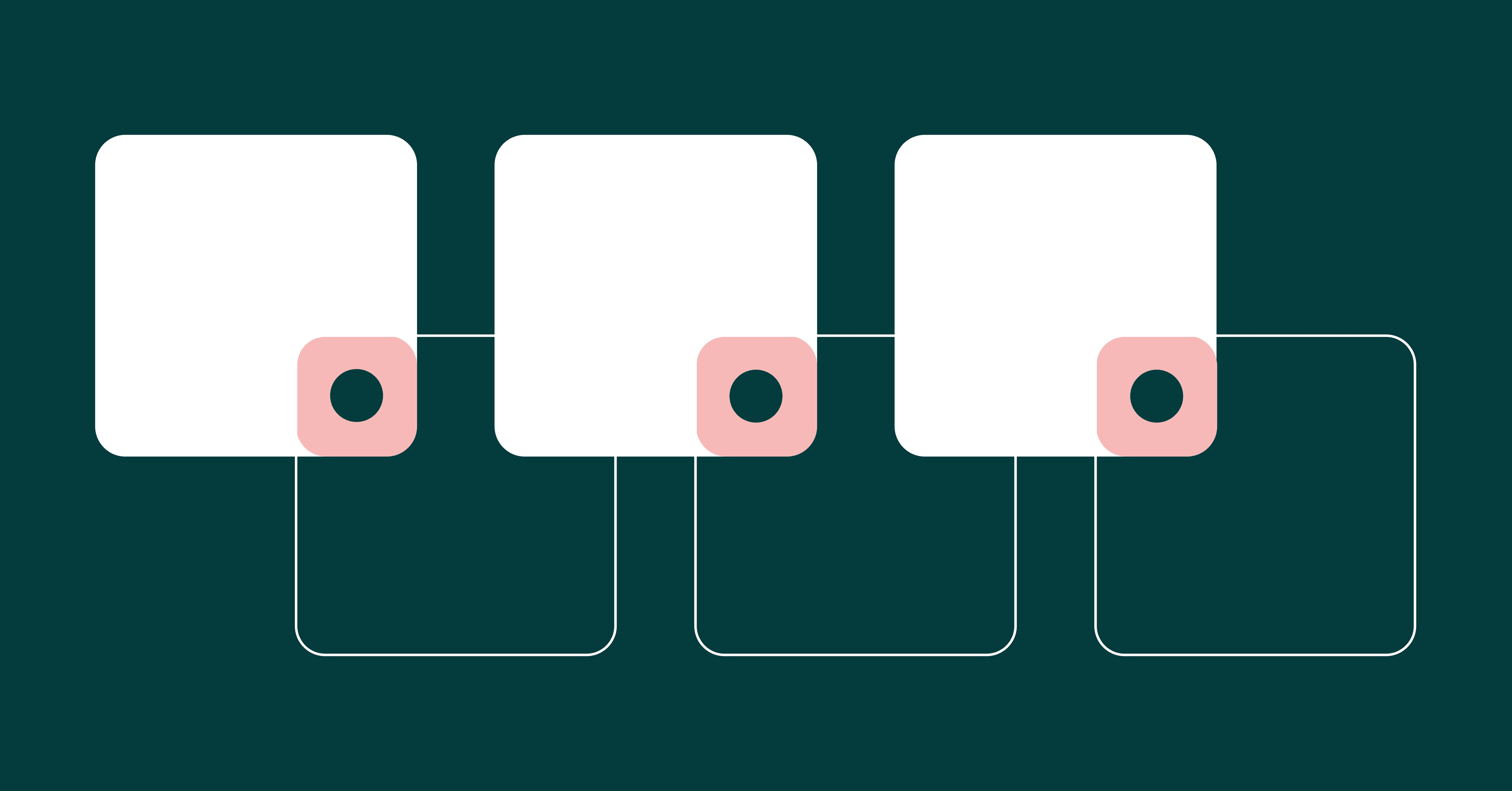Software engineering is undergoing a dramatic transformation. What began as a natural evolution from specialized frontend and backend roles toward more holistic development practices has accelerated dramatically with the emergence of AI. Lee Robinson, VP of Product at Vercel, is witnessing this shift firsthand as his company builds tools that are reshaping how applications are created and how engineering teams function, and he recently joined Dev Interrupted for an interview on this topic.
From Specialized Roles to Product Engineers
The traditional divide between frontend and backend engineering has been eroding for years, well before the rise of AI. As Robinson explains, this separation never fully aligned with how software actually gets built.
"I saw teams put up these walls between where the front end was and where the back end was, and it's a little decoupled from the reality of how software actually gets shipped," says Robinson. "It's not like you just build something on the back end and throw it over to the front end, and then it just magically gets implemented. You often have to go back and forth."
This recognition led to the rise of what Robinson calls product engineers: developers who focus less on technical boundaries and more on delivering complete features that provide end-to-end value. These engineers think holistically about the entire product experience rather than limiting themselves to a specific layer of the technology stack.
"A product engineer doesn't think about necessarily the front end or backend split. They think about everything that it takes to ship a feature and deliver customer value end to end," Robinson notes.
This shift was already underway throughout the 2010s, particularly in startups where developers often had to wear multiple hats. But with the emergence of AI in the 2020s, this trend has dramatically accelerated.
Why AI Equalizes Product Engineering Roles
AI tools have fundamentally changed what's possible for individual engineers by eliminating many of the technical barriers that previously required deep specialization.
"In an AI-first era, product engineering is more important than ever. Dare I say, it's basically the only thing left. When you're working with AI, you have to think about the entire experience from end to end," Robinson emphasizes.
This shift is democratizing who can build software. Product managers, designers, founders, and other tech-adjacent professionals can now create functional prototypes and applications with minimal coding knowledge. Tools like Vercel's v0.dev allow people to describe what they want to build and generate working code, enabling a new generation of creators who might never have considered themselves developers.
"AI tools are giving them the power that they didn't have before to not only generate and build apps, but really ask questions to understand how it works," says Robinson.
Iteration Velocity as the Ultimate Advantage
The ability to ship quickly and iterate has become the ultimate competitive advantage. This builds on what Vercel CTO Malte Ubl previously described on Dev Interrupted as a foundational principle: "Iteration velocity solves all known software problems."
The open web provides a particularly fertile environment for rapid iteration, without the gatekeeping and approval processes that slow development in closed ecosystems like app stores.
"The speed from Idea to published app was just so incredibly slow that it really just took all the wind outta my sails for wanting to build app development," Robinson recounts from his early experiences with mobile development. "It really made me re-fall in love with the simplicity of the open web. Anybody can just publish stuff. You don't need permission from anybody."
This democratization of publishing means that anyone can take an idea from concept to live application in a fraction of the time it once required. Rather than getting bogged down in technical minutiae, teams can focus on rapidly testing and refining their ideas.
The "Code Last" Philosophy
Vercel advocates for a "code last" approach: a mindset that prioritizes making products work and solving real problems before worrying about code quality and technical perfection.
"Code last is yes, we still care about the code. We still want to have high quality code that works and compiles and uses the latest tools and is accessible and performant. It's just not the first and foremost thing that you're concerned about when you're trying to build a great product," Robinson explains.
This approach doesn't devalue good engineering practices; rather, it shifts the focus to end-user value first, then refinement. It's about making it work, making it right, and then making it fast, in that order.
AI's Role in Product Engineering
When it comes to building applications, AI excels in the early stages of development but becomes more of a consultant in the later refinement phases.
"AI tools and especially around code generation, are very helpful from going from zero to one or from zero to 50%," says Robinson. "From the 80% to 100%, it's a little more difficult because at that point you need to have more of an opinion about what exactly you're trying to build and what you need to get done."
For experienced teams, AI is particularly valuable for automating repetitive tasks that would previously consume valuable engineering time. This automation allows developers to focus on the aspects of their work that require creative problem-solving and critical thinking.
Importantly, Robinson emphasizes that the fundamentals of software development remain crucial: "The best practices from pre-AI still matter and are actually more important in the post-AI world."
How to Build Exceptional Developer Experience Teams
For developer experience teams, community growth, education, and documentation, a public track record is essential. This public portfolio demonstrates not just technical skills, but a passion for craft and attention to detail.
As VP of Product responsible for developer experience teams at Vercel, Robinson has a clear perspective on what makes exceptional engineers in this new landscape. It’s critical to have a public track record of your work, notes Robinson. "You should work in public. You should share what you're doing online, whether that's code you're writing, whether that's articles that you've crafted, videos you've made, ideas that you have, V.0 generations and apps that you shipped.
When reviewing candidates, Robinson looks for evidence that they care deeply about creating high-quality work, not just completing tasks.
"If I try out one of the apps, like a side project and it just feels really good...they've added these little details that nobody would do unless they really cared about making something special...this person really cares about what they're doing. They care about the craft.
How AI is Changing the Hiring Landscape
AI can generate thousands of job applications, making personal connections and demonstrated interest even more important. While AI can help refine application materials, simply using the raw output is typically obvious to hiring managers and counterproductive.
Robinson sees a clear difference between applications that use AI as a tool versus those that rely on it as a crutch.
"Personal, concise messages stand out more than AI-generated applications in the hiring process," Robinson advises.
Instead, Robinson recommends using AI as a consultant to critique and improve your materials, while ensuring your authentic voice shines through. "If you just take the raw output from an AI model and send it over, your application will probably get passed
Fostering an Innovation Culture
Within Vercel, the culture emphasizes individual agency and ownership with the motto "you can just ship things." This philosophy empowers team members at all levels to take initiative without waiting for permission.
"You have the agency to control your destiny. And that doesn't mean that you have to be a developer. It can be anyone at the company," Robinson explains. "You can just ship that blog post about how our system works. You can just ship that prototype of an idea for a new product we want to build."
This approach to empowerment, combined with a commitment to continuous improvement, creates resilient teams that can thrive in an AI-enhanced future. As Robinson puts it, "What separates you apart from everyone else is your commitment and motivation and relentless pursuit of excellence, showing up every day 1% better."
In the end, the rise of AI doesn't diminish the importance of human developers; it transforms their role, placing greater emphasis on creativity, judgment, and the ability to think holistically about products. The most successful engineers in this new landscape will be those who embrace these tools while continuing to focus on what truly matters: creating exceptional products that solve real problems for users.
Listen to Lee Robinson's Dev Interrupted episode below:




